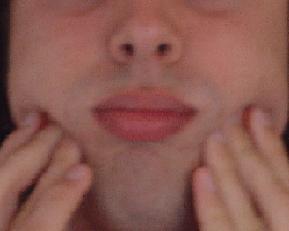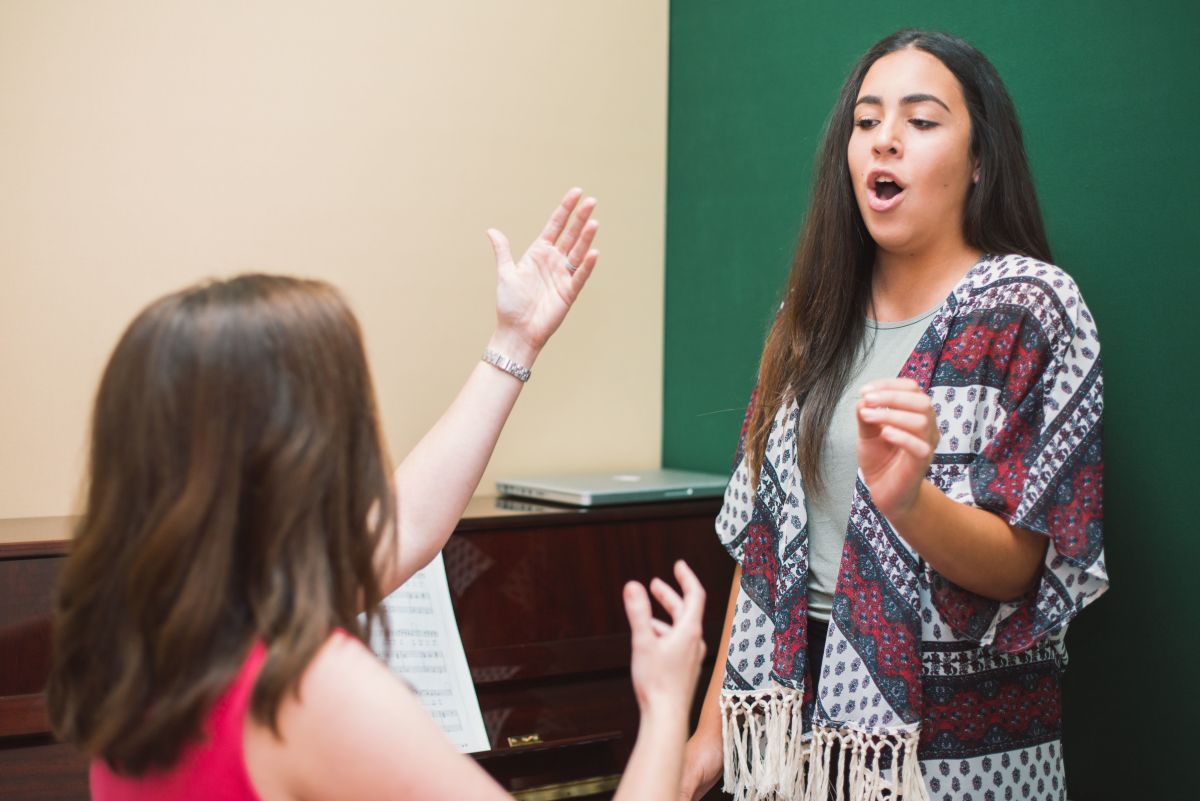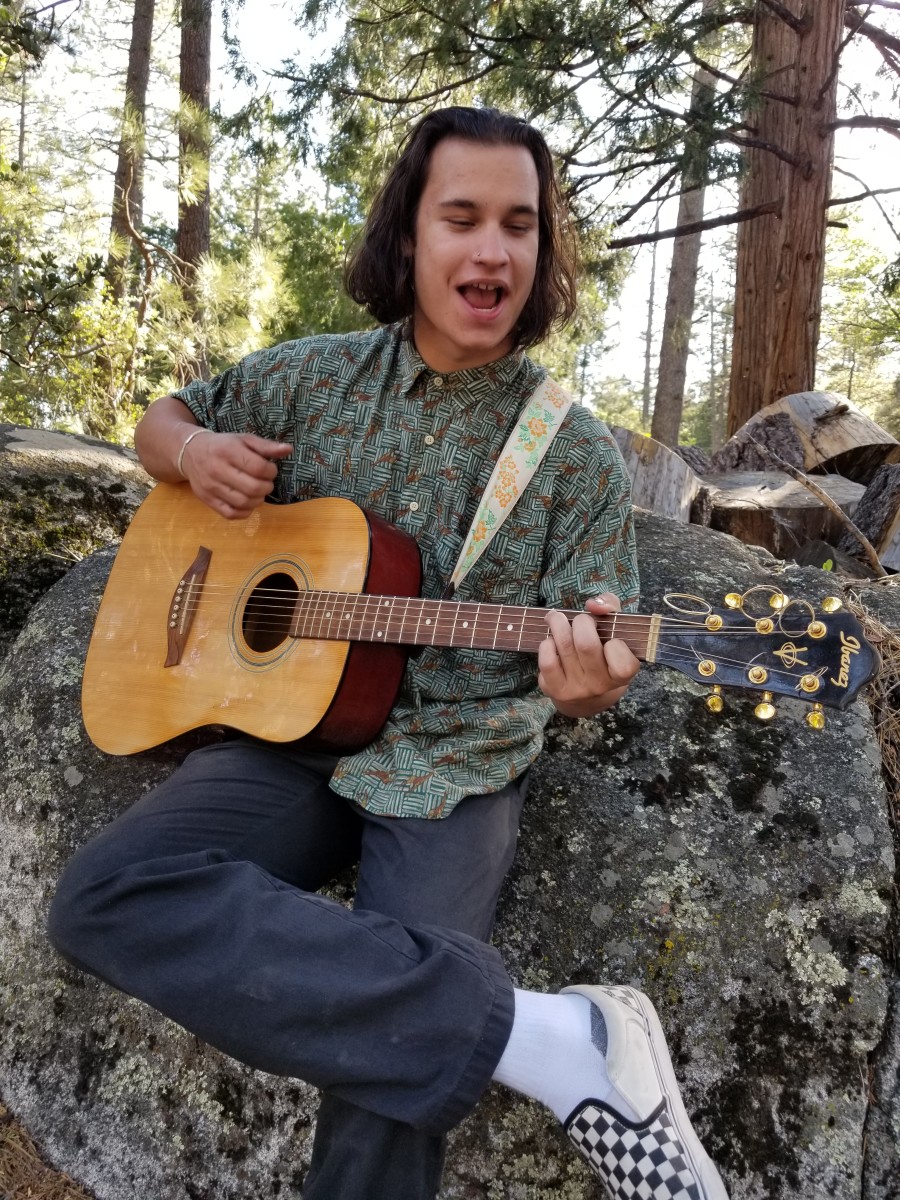How To Sing Better Without Lessons
When it comes to vocals skills, some people have it and other simply don't. This doesn't mean that people who are not naturally good singers can never become professional. There are thousands of pro singers who relied on training to get them to that level. Many people choose schools to improve their vocal skill however there are numerous other methods in which you can learn to sing better without lessons.
There are a number of exercises which control the air and diaphragm movement in order to to have more control over each note pitch, duration and shape of sound. Simply learning these techniques will improve you singing by a large scale.
The Lip roll
As simple as it is to do, this exercise works very well and it one of the favourites amongst other vocal exercises.
The reason for this being so effective is it that encourages your vocal chords to make better vocal coordination’s. It does this by training your most important singing muscles which are the your “inner larynx muscles”. These are the muscles that actually coordinate your vocal chords. These muscles are for swallowing food therefore using these muscles while singing is not helpful for your vocals.
The lip roll exercise which follows, completely dis-engages these muscles while you are singing.
Once your voice is free from these swallowing muscles, you are free to sing easily and effortlessly. In fact, if you are able to completely disengage these muscles, singing will become second nature.
The lip roll involves lifting up each side of your cheeks to take the weight of the loose skin from around the lips as per the photo below:

Once you have this position, blow through your lips as if you are fed up and tired.
You should be making a weird horse like sound.
The next step is to make an “AHHH” sound. It should sound really dopey since sound will slightly put pressure on your larynx (your voice box), which keeps your voice clear from your swallowing muscles interfering with the vocal passage.
Next, mix the dopey “AH” sound while holding the skin around the lips and you should get a different sound.Thatis the lip roll, balancing the air pressure with your lips while at the same time disengaging your swallowing muscles.
Breathe
Breathing is an important part of singing, and most teachers will be introducing this as the first stage.
We can start by producing the sound - 'ssss..' - using your breath as well as your teeth and tongue. Make sure that the sound produced is clear "s" sound, and not a 'Shhh'. (A 'Shhh' sound releases too much air).
The challenge is to produce the 'ssss' sound, focusing on making the sound stable and keeping the volume constant. This is good training for the diaphragm and surrounding muscles to keep the sound at a constant volume and length.
The second breathing exercise requires a lot more tension in the diaphragm and also the stomach muscles. Make the same 'sssss" sound but this time do it as loudly as you can as through you are squeezing the air out of a balloon with a small hole as fast as you can. You will find that it's difficult to maintain the sound for a long time, since it is training the muscles around the diaphragm for more tension. This is good training for reaching the higher notes.
The third exercise is more simple, try to following short sounds `ssss! ssss! ssss! ssss!'. Rather than sounding like a snake, what you are doing here is training your diaphragm to be more flexible so you can sing faster songs with staccato sections more easily.
Try the above daily for around 10-15 minutes.
Using a musical instrument
Singing along with an instrument, preferably a piano helps your tone control. Many singers tend to drift from the original key to almost a whole step away. Singing with an instrument with help you maintain the original key.
For singing and playing at the same time, I recommend a guitar though. The natural strumming action doesn't seem to put you off your singing as the piano sometimes can. Every though you are playing chords only with the guitar, it still helps you with your key and your singing. Your ears can naturally pinpoint the keys from a chord. When we hum along to chords, every wondered why we chose a certain key. It's usually the base note or the 5th of the triad we hum to. However as your vocals get better, you should be able to pinpoint other notes in a chord.
Accept Criticism
Many people don't like to hear criticism but the true is, other people are trying to tell you how they feel. It doesn't take a profession singer to understand that your singing is off key. However most people may be too polite to say anything.
I use studios a lot and I don't like people to get away with poor vocals, I give as much constructive criticism as I can. That is the only way to improve. Stubbornness will get you now where fast.
Go to Karaoke alone
Karaoke doesn't have to be just for having a laugh and drink and a sing with your buddies or work mates. In Japan there are many people that go to Karaoke alone, however it depends on the type of Karaoke place. e.g. In Japan you never sing in front of strangers, you hired a room/booth size depending on the number of people. Many people hire the smallest room and just go in their alone to practice singing.
This is good mainly because you get you practice singing loudly with is what really exercises your vocal chords. Some Karaoke machines even have an on-screen pitch analyzer which indicates any differences between your pitch and the correct pitch it should be and then gives you are score or rating. I believe you more you sing at loud, the more control you have in the higher registers. Please often record your voices too for their own analysis.
Many people like to sing in the shower, however if you have a tiled bathroom, these reflect and echo your voice in many frequencies and your ears tend to tune into the best frequency which is why you always sound a little better singing in the shower.







